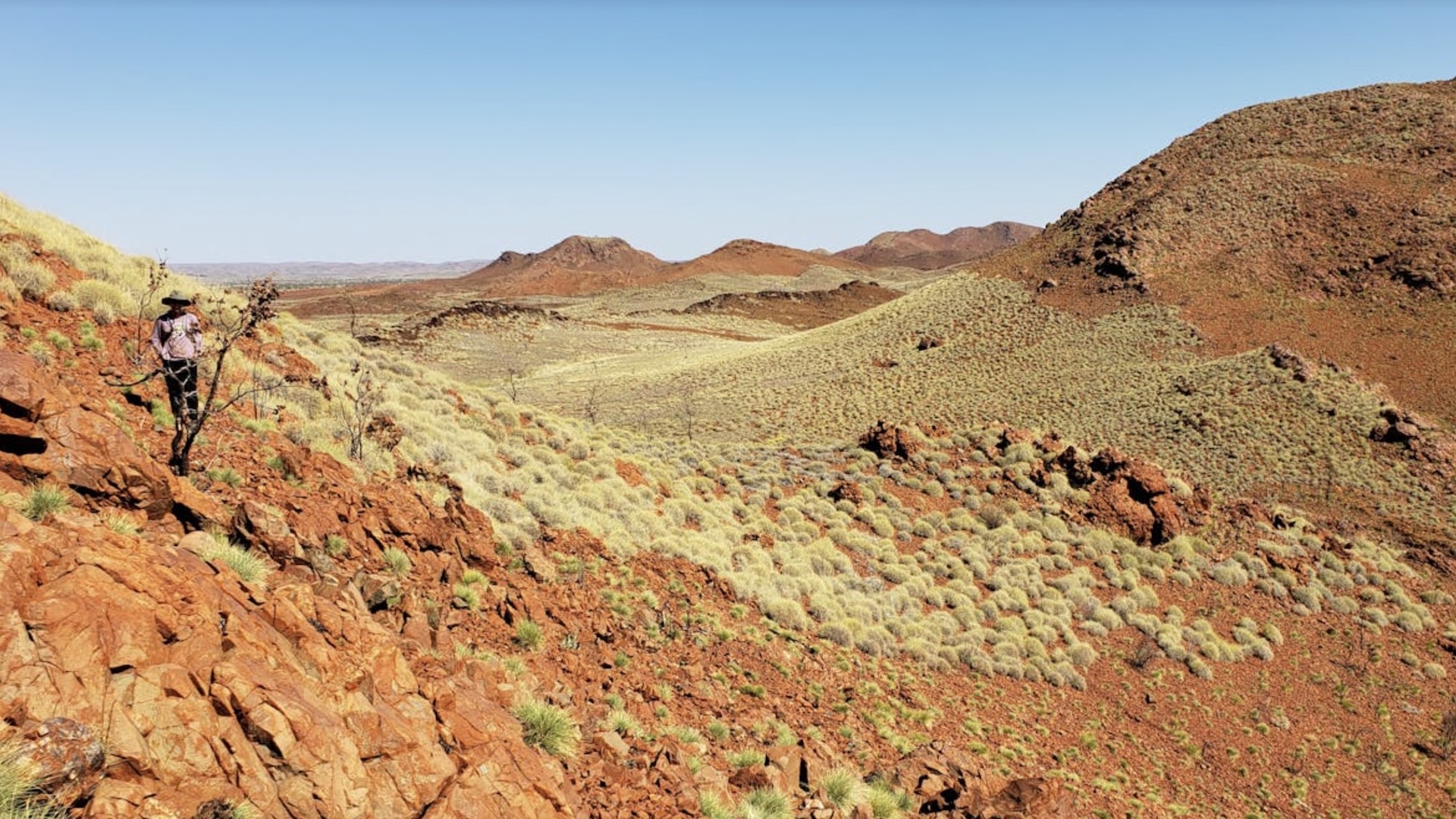Israeli settlers attacked a CNN news crew over the weekend as it traveled to the Palestinian town of Sinjil in the West Bank to report on the death of a US citizen, according to the network’s Jerusalem-based correspondent Jeremy Diamond.
Diamond, a veteran journalist and former CNN White House correspondent, said he and his crew were targeted while on assignment investigating the death of 20-year-old Florida native Saif al-Din Kamil Abdul Karim Musalat.
Musalat was visiting family in Sinjil when he was allegedly beaten by Israeli settlers. His relatives say settlers also blocked ambulances from reaching him as he lay dying from his injuries.
“As we were covering this story, my team & I were attacked by Israeli settlers. The back window of our vehicle was smashed, but we managed to escape unharmed,” Diamond wrote Monday night in a post on X.
He shared an image of the damaged vehicle, adding: “This is just a sliver of the reality many Palestinians face in the West Bank amid rising settler violence.”
A CNN spokesperson declined to comment. The Post has sought comment from the Israeli government.
The death of a US national in the West Bank prompted the Trump administration’s top envoy in Israel to ask the government to investigate.
“I have asked @Israel to aggressively investigate the murder of Saif Mussallet, an American citizen who was visiting family in Sinjil when he was beaten to death,” US Ambassador Mike Huckabee wrote on X.
“There must be accountability for this criminal and terrorist act. Saif was just 20 yrs old.”
The attack on Diamond’s team comes amid a documented rise in violence against journalists working in the West Bank.
The Jerusalem-based Foreign Press Association (FPA), which represents 400 media professionals covering Israel and the Occupied Palestinian Territories, issued a statement Tuesday condemning the incident.
“This is the second settler attack on foreign journalists in Sinjil this month,” the FPA said.
“On July 4, a Deutsche Welle team was chased by settlers while filming. A window of DW’s car was smashed with stones, and its bodywork dented. In each of these incidents, settlers struck in broad daylight. Yet so far, we are unaware of any arrests being made.”
The association said the situation reflects a broader pattern of hostility and violence faced by journalists, particularly Palestinians, in the region.
“This is taking place at a time when our Palestinian colleagues routinely face threats, intimidation and violence at the hands of settlers and security forces, while the foreign press is routinely vilified by some Israeli public figures,” the FPA said.
Before the CNN crew was attacked, the Brussels-based International Federation of Journalists (IFJ) also issued a statement on July 8 reporting a rise in violence against both Palestinian and international journalists by Israeli settlers and soldiers.
One of the cases cited by the IFJ involved Palestinian journalist Issam al-Rimawi, who was attacked in the village of al-Mughayyir, northeast of Ramallah. Al-Rimawi was beaten so severely by settlers that he lost consciousness.
In another incident in Jenin on May 28, Israeli soldiers fired warning shots near a car clearly marked “press” that was carrying French journalist Amira Souilem of France 24 and Radio France Internationale, Palestinian journalist Mohammed Mansour and three other Palestinian journalists.
On June 2, a group of international reporters attempting to visit Masafer Yatta — an area in the southern West Bank featured in the Oscar-winning documentary “No Other Land” — was stopped by masked Israeli soldiers.
The journalists had been invited by the film’s co-directors, Yuval Abraham and Basel Adra, who later documented the obstruction by the army.
According to the FPA, the Israeli military has also prevented journalists from entering refugee camps in the northern West Bank, which the FPA says have seen tens of thousands of Palestinians expelled.
“These phenomena have led to a worrying and rapid shrinking of the space and freedom to report on Palestinian lives,” the FPA said in its statement. “We call on Israeli authorities to uphold the country’s stated commitment to freedom of the press by ensuring the safety of journalists and prosecuting, not protecting, their assailants.”
Access to Gaza remains severely restricted. International journalists are currently banned from entering the territory unless as part of a rare embed with the Israeli military.
In early June, more than 200 press freedom organizations and global newsrooms issued an open letter demanding that foreign journalists be granted “immediate, independent and unrestricted” access to the Gaza Strip.














